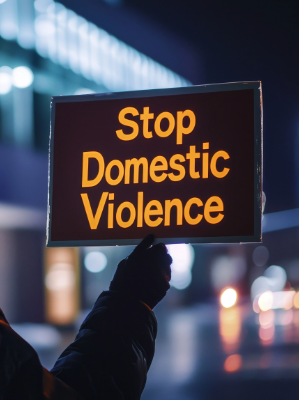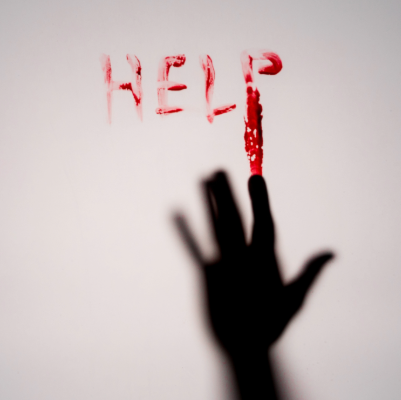More than 10 million women and men become victims of DV or IPV each year. 1 in 3 woman will be murdered by a partner every year.
Domestic violence and intimate partner violence are serious issues that affect individuals and families worldwide. These forms of abuse are often hidden behind closed doors, making it difficult for victims to seek help and for society to address the problem.




Domestic violence refers to a pattern of behavior used by one partner to maintain power and control over another partner in an intimate relationship. It can take many forms, including physical, sexual, emotional, psychological, and financial abuse. Domestic violence can occur in any type of relationship, including married and unmarried couples, heterosexual and same-sex couples, and cohabitating and non-cohabitating partners.
Intimate partner violence (IPV) is a subset of domestic violence that specifically refers to violence between current or former intimate partners. IPV can also take many forms, including physical, sexual, emotional, and psychological abuse.
PREVALENCE
Domestic violence and IPV are more common than many people realize. According to the National Coalition Against Domestic Violence (NCADV), nearly 20 people per minute are physically abused by an intimate partner in the United States. This equates to more than 10 million women and men each year.
causes & Risk factors
Domestic violence and intimate partner violence (IPV) have no single cause. However, there are several risk factors that increase the likelihood of abuse. These include power and control dynamics, Low self-esteem and insecurity, as well as manipulation by the abuser.
EFFECTS
Domestic violence and intimate partner violence (IPV) can have severe and enduring impacts on victims, including physical injuries, bruises, broken bones, and other trauma. They may also experience emotional distress, including anxiety, depression, post-traumatic stress disorder (PTSD), and other forms of emotional trauma.
Abusers may exert control over their victims’ finances, and may isolate their victims from friends and family, preventing them from seeking assistance.
SOLUTIONS
Addressing domestic violence and intimate partner violence (IPV) requires a comprehensive approach around education and awareness, support for victims, and accountability for abusers, including criminal charges. Education plays a crucial role in raising awareness about these issues, enabling victims and bystanders to recognize the signs of abuse and seek help.
Providing support to victims through shelters, counseling, and legal assistance, which is essential for their well-being and recovery.
“They don’t have to hit you for it to be abuse. They can degrade, humiliate, blame, curse, manipulate, or try to control you. It’s still domestic violence.”
Love should always be safe..
Are you in a domestic violence situation and need assistance?
Explore the resources below and know that you are never alone in your battle.
National Domestic Violence Hotline
The National Domestic Violence Hotline offers confidential help, the hotline operates 24/7, ensuring that survivors can reach out for assistance at any time. The hotline’s primary goal is to provide immediate support, crisis intervention, and information about available resources.
National Center for Victims of Crime
Available weekdays 9am-5pm EST. Services are available for all victims of crime in the United States and its territories. Visitors to the hotline receive strength-based and trauma-informed services and referrals in over 200 languages.
StrongHearts Native Helpline
StrongHearts Native Helpline provides support for domestic violence and dating violence in Native American communities. They offer culturally appropriate services, which is crucial because mainstream resources might not address specific cultural needs. Their services probably include crisis intervention, safety planning, and referrals to local resources.
Domestic Shelters
Domestic Shelters is a comprehensive online resource dedicated to providing information and support for individuals affected by domestic violence. The platform serves as a vital tool for victims seeking help, offering access to a wide range of services, including shelters, legal assistance, and crisis hotlines
National Teen Dating Abuse Helpline
The National Teen Dating Abuse Hotline provides information and support for healthy relationships, particularly for young individuals. It offers resources and guidance on various aspects of relationships, including dating, personal safety, and ending unhealthy relationships.

